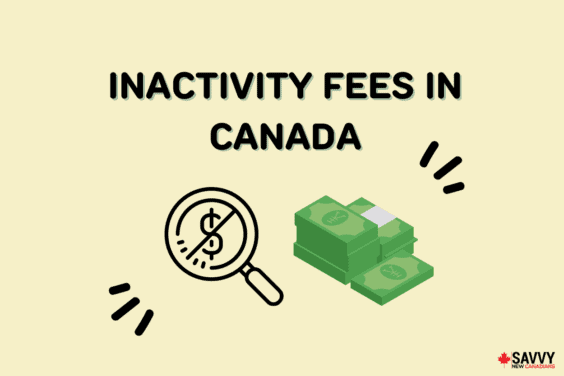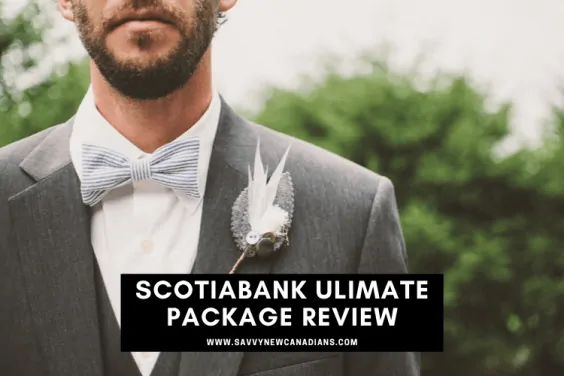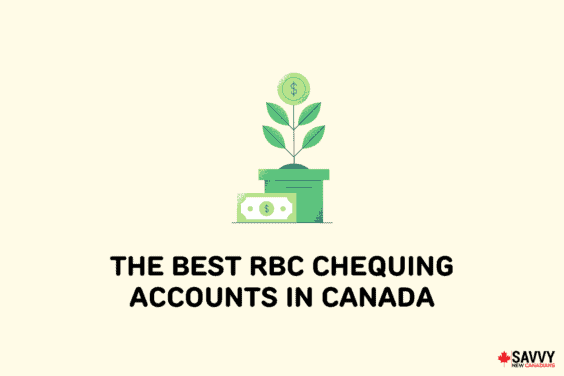How many bank accounts should you have? There is no one correct answer. Some people are happy with one, while others prefer having multiple bank accounts with different banks.
Read on to find out how many accounts you can have in Canada, whether you should have more than one, the pros and cons of multiple accounts, and the best online and traditional bank accounts.
Key Takeaways
- There is no limit on the number of bank accounts you can have in Canada.
- However, there are pros and cons if you are contemplating opening multiple accounts.
- When choosing an account, one of the main decisions is whether to use one of the big banks or an online bank.
How Many Bank Accounts Can You Have in Canada?
There are no defined rules about how many bank accounts you can have in Canada. You could have one or multiple accounts, and it’s completely up to you.
There is nothing to prevent you from opening several accounts. You could have multiple bank accounts with one or several different banks.
There are different types of accounts, with savings and chequing accounts being the most common. But you could have several of each, and having multiple accounts does not affect your credit score.
Reasons for Having Multiple Bank Accounts
There are many reasons why having multiple bank accounts can be a good idea.
Some people prefer to use different accounts for different purposes, the most obvious difference being chequing and savings accounts.
But you may prefer several chequing and savings accounts that you can use for different purposes. For example, you could use one account for your bills, one for vacation savings, one for emergency funds, etc.
How many bank accounts should you have for budgeting? It’s up to you, but you may want several if it makes managing your money easier.
If you have a large amount of money, you may want to spread it out between different accounts at different banks.
The Canada Deposit Insurance Corporation (CDIC) provides deposit insurance up to $100,000 per category. If your bank was to go bust, this is the maximum you are covered for.
You may find that some banks provide special promos and perks. For example, one might provide cash back or reward points for spending on a debit card. You may find that having several accounts to take advantage of all of these is worth your while.
You may want to have a joint account if you are a couple. This can make it easier to manage your joint finances.
How Many Bank Accounts Should a Married Couple Have?
Every married couple should decide on the best situation for their needs. But at the minimum, both of you should have an individual account and one joint account.
However, you could have more accounts. You may want one account each, a shared chequing account, and a shared savings account.
This makes sense for a lot of couples. You can use the joint chequing account for bills, rent, etc. Then you can use the joint savings account for projects you are saving up for, like vacations and renovations, and have an account each for your individual spending.
How Many Bank Accounts Should I Have for My Business?
If you own a business, you’ll likely want more than one account. The minimum you would usually want is three business accounts.
- One account for your day-to-day operations, like receiving income and paying bills.
- One account as your tax account, where you save up during the year to pay your tax bill.
- One account as your profit account, where you save your profits for specific purposes like investing in your business.
That’s just one example, and you might prefer a different arrangement.
For example, you could have an income account for deposits, a payment account for all payments, and a savings account for extra funds. It comes down to whatever works best for your business.
Online vs Big Banks
When choosing a bank account, you have a wide range of options.
One of the main decisions is the type of bank, and you can choose between the big brick-and-mortar banks or online-only banks.
There are several pros and cons of each type:
Online Banks Pros and Cons
Pros:
- Online banks often have lower fees and sometimes no fees at all.
- There is no need to visit a bank branch; you can do everything online or over the phone.
- Many online banks provide various services, including mortgages and personal loans.
- You often get higher interest rates on your deposits.
- Online banks are safe and secure to use.
- Many provide perks like cash back and rewards programs.
- Opening bank accounts online is quick and easy.
Cons:
- Many online banks do not have their own ATM networks, so you will likely experience more ATM fees if you need regular access to cash.
- Some people prefer in-person customer service, which is not usually an option.
- Many people still prefer to do their banking in person at a physical branch, so these are not the best option for them.
Best Online Banks
More online banks continue to appear in Canada. However, our current top recommendations are Simplii Financial, Neo Financial, and EQ Bank.
These have several benefits, including low or no monthly fees, good interest rates, attractive rewards, and more.
Simplii No-Fee Chequing Account
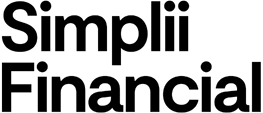
$400 cash bonus offer
No monthly account fees
Unlimited transactions & Interac e-Transfers
Free personalized cheques
EQ Bank Personal Account
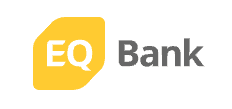
Up to 4.00%* interest rate
Unlimited debits and bill payments
Unlimited Interac e-Transfers
No monthly account fees
Neo Money Account
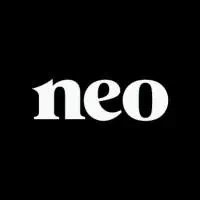
Unlimited 5% average cash back
No monthly fees + $20 bonus
2.25% non-promo interest rate paid on balance
Unlimited free transactions
Get a Mastercard for payments online and ATMs
Access to a no-annual-fee credit card
Big Banks Pros and Cons
Pros:
- Many people prefer visiting a bank branch in person and speaking with a real person, making traditional banks more suitable.
- Most big banks have large ATM networks across Canada, making it cheap and easy to access cash or deposit cash and cheques.
- The big banks offer an extensive range of bank accounts and other products like mortgages, credit cards, personal loans, and more.
Cons:
- Big banks are often more expensive because they have more expenses.
- Interest rates are not always as good as those offered by online banks.
Best Big Banks
You have many big banks to choose from in Canada, all of which offer a wide selection of bank accounts and products.
Our recommendations are Scotiabank and Bank of Montreal (BMO) for their interest rates, fees, and range of products.
Pros and Cons of Having Multiple Bank Accounts
Pros:
- Having multiple accounts can help you separate your funds for different purposes, such as different savings accounts.
- Many online banks provide free accounts, so you can have several accounts at no extra cost.
- You can spread your money in different accounts and be covered by CDIC insurance.
- Many banks provide benefits like cash back and rewards points, so having multiple accounts allows you to take full advantage of these.
- Having multiple accounts can make sense for couples who want a joint account and individual accounts.
Cons:
- Many bank accounts have fees, which can quickly add up if you have multiple accounts.
- Some banks also have minimum balance requirements, so you must be careful to keep enough in your accounts.
- Having several accounts can be confusing, which may not suit some people.
How to Choose a Bank Account for Your Needs
Choosing a bank account should be a fairly straightforward process, but there are a few factors to consider:
- Start by considering the type of bank you want. After reading the pros and cons of the big and online banks above, decide which is best for you. You may want one of each account.
- Look at the cost of the bank account. How much are you willing to pay for it? Don’t forget to consider any other fees associated with the bank account.
- Does it have a large ATM network that makes it easy to get access to cash? Do you even need cash?
- Do you want to be able to visit a branch in person? If so, is there a branch near you?
- Look at the other products the bank offers, like mortgages, credit cards, and personal loans.
- For savings accounts, consider the interest rates. Do you want a high-interest savings account? Is it worth the fee?
These are all factors to take into consideration, so spend some time over these to find the right bank account for your needs.
FAQs
This depends on your needs. Some people may find it overly complicated to have three bank accounts, whereas other people have more than three.
High-net-worth individuals often have several bank accounts to get protection for more of their funds from CDIC insurance.
It depends on how much you have. If you have over $100,000, it may be best to divide it between several banks to ensure it is protected by CDIC insurance.
Having multiple accounts can be a good decision, but it depends on your individual needs.
There are several excellent banks in Canada. For traditional banks, we recommend Scotiabank and the Bank of Montreal. For digital banks, we recommend Simplii Financial, Neo Financial, and EQ Bank.
Related:
